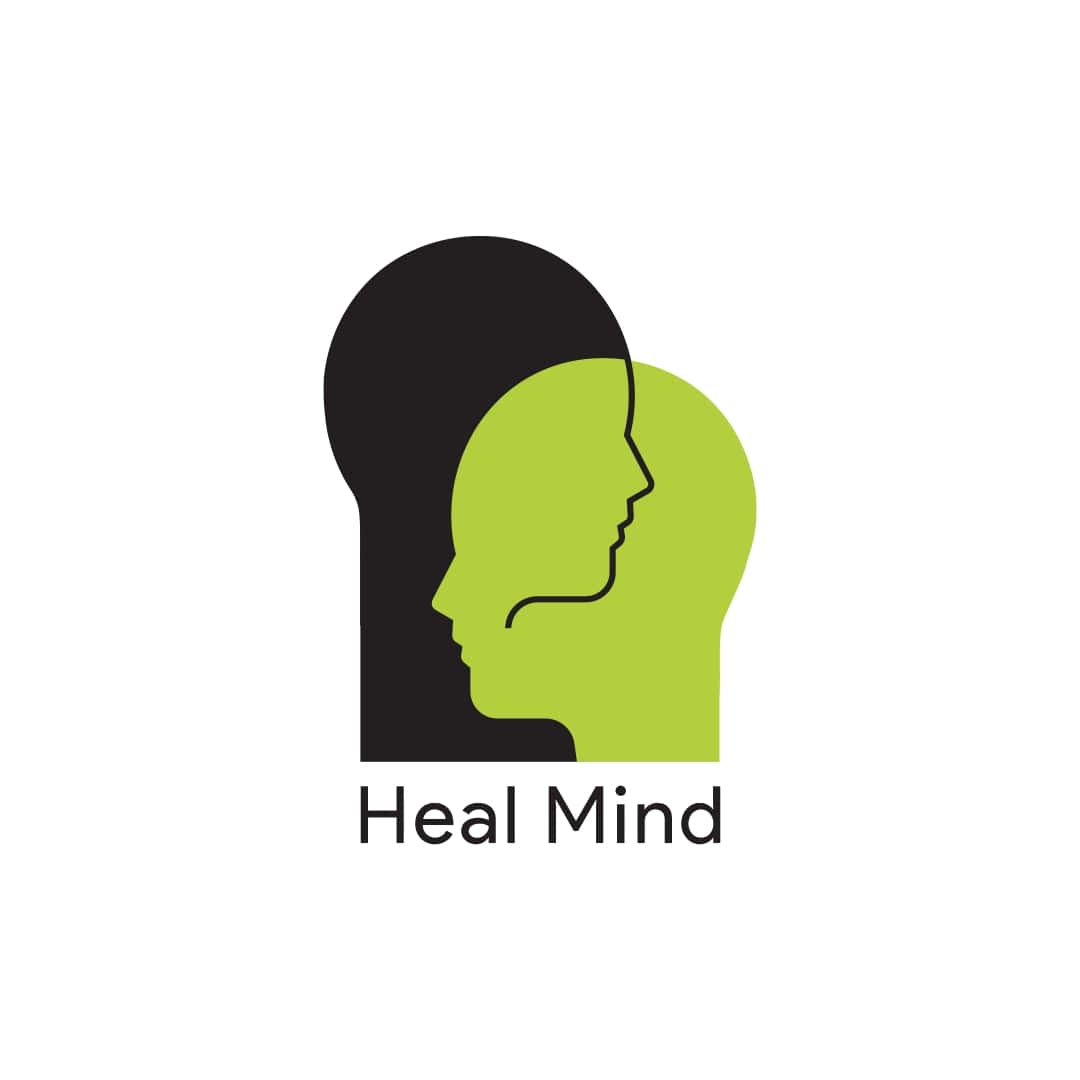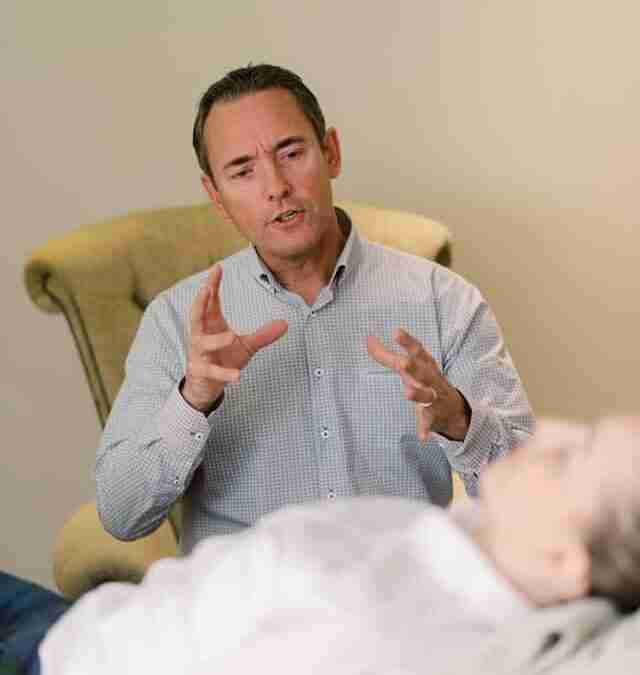Introduction
Read on for some of the signs that your therapy sessions are working, and what to do if they’re not.
It’s important to remember that therapy is a practice. It’s not a science, it’s not a quick fix, and it’s not the same for every single person.
.
You need to be willing to commit time and effort into your relationship with your therapist if you want the work to have an impact in your life. Therapy isn’t always easy but when you’re ready for change, therapy can be an invaluable tool! you may have to aware of What to expect from therapy ?
Just because you haven’t reached your expected outcome yet doesn’t mean that your therapy isn’t working. In fact, the success of therapy depends on you! Here’s what to do to make sure your sessions are productive.
You might not be getting results, but you may have an idea of what’s holding you back. Here are a few things to keep in mind:
- You need to be open to the process. It takes time and effort for your therapist to get to know you and help you figure out how best to work through your issues. Don’t give up just because it doesn’t feel like anything is changing right away! Don’t rush the process—it’s important that your therapist knows who you really are before they start treating your symptoms or prescribing medication, if necessary.
- You need to be honest with yourself. If something isn’t working for you in therapy, let your therapist know! In order for them to help fix any issues they might encounter during their sessions with clients, they need honest feedback from those individuals so that they can adjust their approach accordingly (or switch jobs). And remember: being open-minded about trying new things is key here—if there’s one thing we’ve learned from our own experiences as therapists at Healmind , it’s that change is inevitable if we want things like happiness or fulfilment (or even just peace of mind) within our lives.”
You feel empowered and challenged (in a good way) when you leave sessions
If you leave your therapy sessions feeling empowered and challenged, this is a good sign that the work is going well. You may find yourself feeling more confident and able to handle situations that previously made you nervous or uncomfortable.
This could mean that you feel like you have tools for handling tough situations on your own, or it could mean that when confronted with difficult situations, you know how to make better decisions than before. Either way, there are many benefits of feeling more empowered after a session in therapy:
- You can make decisions without feeling as though someone else is making them for you (or telling you what to do)
- You have an increased sense of self-awareness which makes relationships easier
- Having confidence allows us all to have healthier relationships with others
- To make much more easier How do I prepare for online therapy ?
You feel like you can make better decisions in real life
If you are making better decisions in real life, then it’s working! You’re more aware of your thoughts, feelings and actions. You know how they impact yourself and others. Benefits of Online Counselling for Mental Health Care
You’ve learned that you don’t need to live up to someone else’s expectations or fit into a set mold. You can be who you are meant to be without compromising who that person is at their core.
You feel like you have tools to handle tough situations
The therapist has given you tools to handle tough situations. These could be anything from an exercise to write down what your triggers are, to a technique for saying no that doesn’t involve blaming yourself or feeling guilty. If you’re in therapy, chances are good that the therapist will teach you some brand-new skills.
These tools can help you make better decisions and handle difficult situations more effectively, which is important if therapy is working because it means that:
- You feel like someone understands how tough life is for you and wants to help (which should make it easier for them to listen)
- You have a greater sense of self-awareness around thoughts and feelings (which should allow both parties in the conversation room more understanding)
You feel more confident and self-aware in general
One of the signs that therapy is working for you is that your general sense of self-awareness, confidence and assertiveness increases. You can see more clearly what areas in your life need attention and change.
You might have greater awareness of other people’s feelings, making it easier to empathize with loved ones. You may find yourself better able to make decisions that are right for you rather than those influenced by others.
Therapy sessions can bring up difficult emotions like guilt or anger—but also provide tools for dealing with them constructively so they’re not overwhelming or overwhelming others around us.
You get things off your chest easily
You can tell your therapist anything.
If you have big things to talk about, it’s best to start with something small. But there are no rules when it comes to talking in Online therapy. You can talk about your feelings, your problems and past experiences, or your future goals—and if you’re ready for it, even relationships or work issues!
You feel comfortable talking to your therapist about anything
- You feel comfortable talking to your therapist about anything
- Talk in your language whether it may malayalam, English Or Tamil
- You trust your therapist
- You feel understood by your therapist, and vice versa
- You feel like a friend or partner is listening when you talk to them about problems (or try to)
You feel respected by your therapist (and vice versa)
It’s essential that you feel respected by your therapist. That means they should be respectful of your values, beliefs, culture and gender identity. If a therapist is rude or disrespectful to you in any way—even if it’s unintentional—that’s a red flag.
Therapists should also be respectful of the fact that some things are off-limits when it comes to talking about sex and sexuality with their clients. For example: therapists shouldn’t ask their clients what kind of sex they’re having or how they feel about it; they shouldn’t push them to talk about their sexual experiences from childhood or adolescence; and they definitely shouldn’t ask for details about their fantasies (unless those fantasies include rape or other violent acts).
Your relationships with other people are improving
- You feel more comfortable around other people.
- You are more likely to speak up for yourself.
- You are more likely to be assertive.
- You are more willing to ask for help with others, instead of feeling like your problems are too big or too small to bother others with.
- Your conversations with others feel easier, less awkward and forced than they used to—you’re listening better and responding better!
In general, your relationships have improved in some way—whether it’s by increasing the number of friends you have or just being happier with the ones you already have (or even both!).
Therapy should make you feel better, but it may take some time for it to work
Let’s first be clear: Online therapy is not a quick fix. It’s not a magic pill and it’s not a guaranteed success, but it can definitely help you get through some of the more challenging parts of life. The thing is, therapy isn’t for everyone, and even if it is for you, it might take some time for you to notice any real change in your attitude or mood. Therapy doesn’t work like penicillin; there are no set guidelines that indicate when something has “worked” or when something has been “done.” Each person responds differently to treatment, so what works for one person might not work as well for another.
What does this mean? Basically, just because therapy hasn’t worked yet doesn’t mean that it will never work! You may need more sessions before seeing results or maybe another type of therapy would be better suited to your needs than what you’re doing now–and that’s okay! Don’t give up on yourself because things aren’t changing right away–give yourself time and space to explore what works best for YOU and how YOU want YOUR LIFE TO BE
Conclusion
Now that you know how to identify whether or not your therapy is working, it’s time to take actions based on what you’ve learned. If your current therapist isn’t meeting these criteria, consider finding a new one. If you feel like your Online therapy isn’t helping, but you aren’t sure if it’s because of the process itself or something else, consider trying a different approach—for example if cognitive behavioural therapy hasn’t been effective for you so far, try dialectical behaviour therapy instead. The important thing is that no matter what happens during your sessions with a therapist, they are ultimately there for support and guidance in getting you back on track towards living a happy life. Check for Online Counselling in Bangalore , Online Counselling in Kozhikode
Also Read : Is online therapy as effective as face-to-face therapy?

